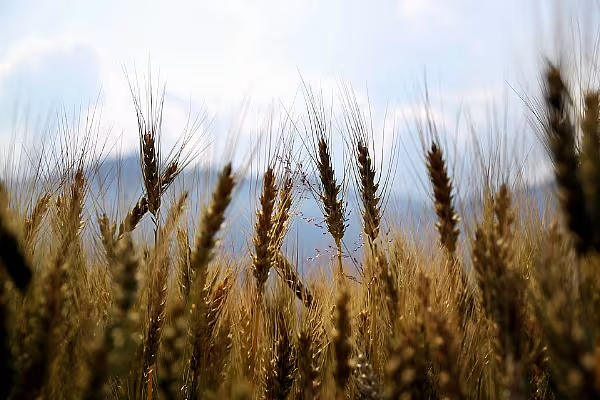The increase in grains export taxes announced by Argentina over the weekend will weigh on soy, corn and wheat exports as growers cut risks to compensate for lower profits expected to be caused by the new levies, farmers told Reuters.
Centre-left Peronist Alberto Fernandez, who took office on Tuesday, boosted the tax rate for soybeans, soyoil, and soymeal to 30% from about 25% and lifted the levy on corn and wheat to 12% from around 7%. The government needs money as it heads in to debt renegotiation talks over about $100 billion in obligations.
Retrenchment In Risk Taking
Argentina is the world's No. 3 corn and soybean exporter, as well as its top supplier of soymeal livestock feed. Growers said higher taxes will cause a retrenchment in risk taking, forcing an increase in lower-cost soy planting and reducing investment.
"The increase in export taxes will be horrible for production, and that will trickle down to local rural economies felt by people who sell farm machinery, seeds and fertilisers.
Later it will be felt in the national economy," said David Hughes, a grower in the Buenos Aires town of Alberti.
Grains shipments are Argentina's main source of much-needed export dollars. The central bank needs to sell dollar reserves to control the swooning local peso currency, which lost more than 83% of its value over the previous four years. The weak peso has contributed to inflation raging at about 50% per year.
Export Taxes
Export taxes are paid to the government by international export companies that in turn discount the tax from prices paid to farmers. So growers end up paying the tax whether or not they are having a profitable year.
It costs about $300 per hectare to sow and grow soy on his farm, Hughes said. Corn costs $550 and wheat $380. So with profits on the line, he and other farmers say they will likely cuts risks by reducing corn and wheat plantings.
"Farmers risk all their capital in planting. The crop is then subject to weather conditions. When risks skyrocket due to higher taxes, it's only natural that we'll risk less, invest less, harvest less," said Eduardo Bell, a grower in the town of Saladillo, at the heart of the Pampas grains belt.
News by Reuters, edited by ESM. Click subscribe to sign up to ESM: European Supermarket Magazine.














